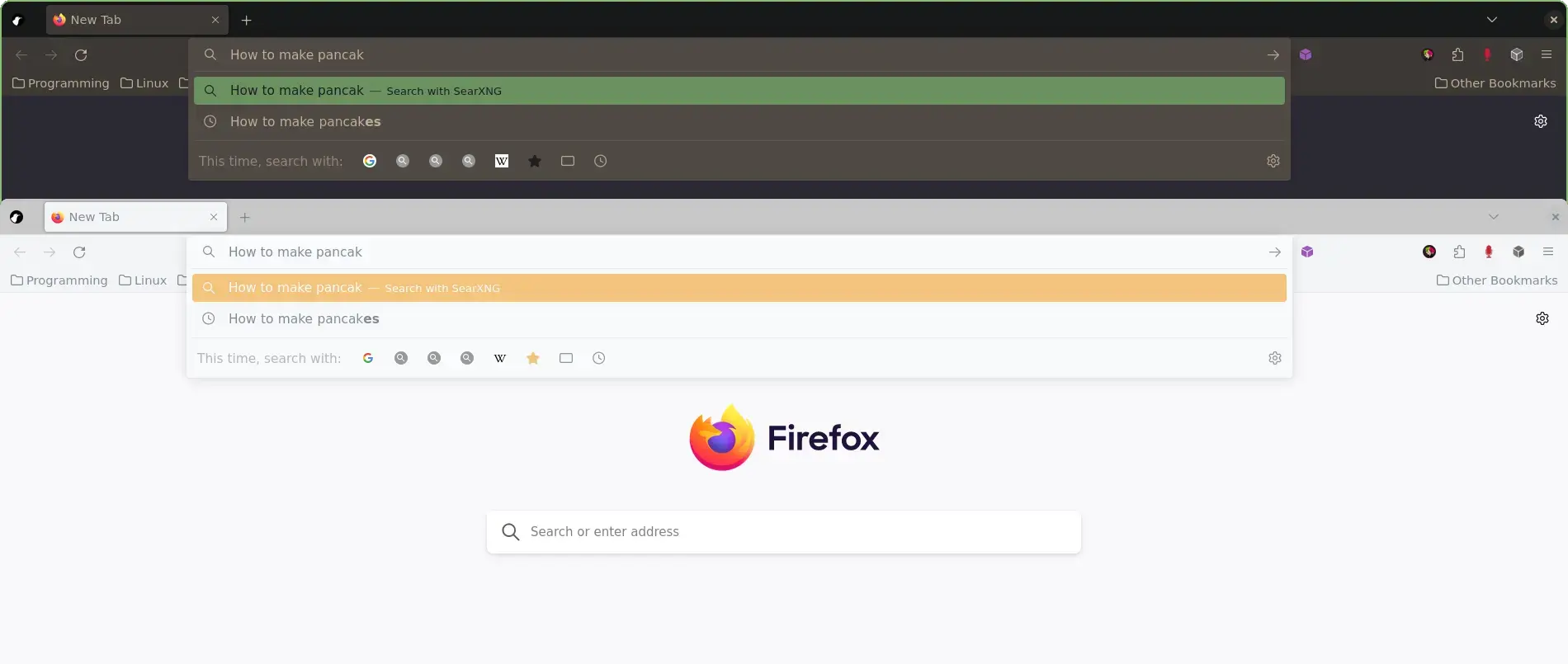Linux
47948 readers
2145 users here now
From Wikipedia, the free encyclopedia
Linux is a family of open source Unix-like operating systems based on the Linux kernel, an operating system kernel first released on September 17, 1991 by Linus Torvalds. Linux is typically packaged in a Linux distribution (or distro for short).
Distributions include the Linux kernel and supporting system software and libraries, many of which are provided by the GNU Project. Many Linux distributions use the word "Linux" in their name, but the Free Software Foundation uses the name GNU/Linux to emphasize the importance of GNU software, causing some controversy.
Rules
- Posts must be relevant to operating systems running the Linux kernel. GNU/Linux or otherwise.
- No misinformation
- No NSFW content
- No hate speech, bigotry, etc
Related Communities
Community icon by Alpár-Etele Méder, licensed under CC BY 3.0
founded 5 years ago
MODERATORS
1676
1677
1678
1679
1680
1681
1682
1683
1684
1685
1686
1687
1688
1689
1690
34
Get Ready to 2024 Linux Display Next Hackfest in A Coruña! - Hosted by Igalia - May 14th to 16th.
(melissawen.github.io)
1691
19
Installing TrueType font files in Lubuntu 22.04 - Fitzcarraldo's Blog
(fitzcarraldoblog.wordpress.com)
1692
1693
1694
1695
1696
1697
1698
1699
1700


